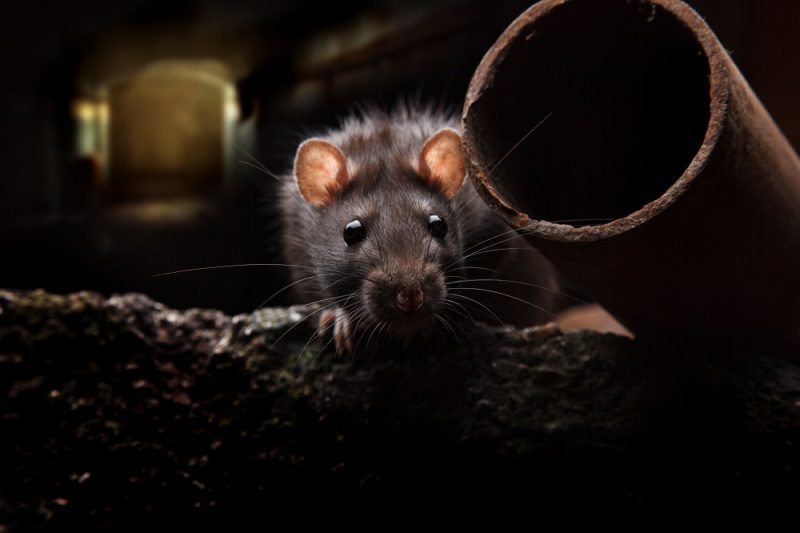
Humans have struggled with rodent infestations for years. Through science and technology the means of reducing and controlling infestations have improved. Unfortunately, due to rat bait becoming more palatable for rats, ensuring that they ingest it, our pets started to ingest it too. We’ll talk you through what to do if your dog eats rat poison and share so valuable advice.
What is a rodenticide?
A rodenticide is a poison formulated to kill rats and other rodents. It is easily attainable and comes in various forms: pellets, blocks, and grain-based pellets.
Depending on the active ingredient, the effect of the rodenticide will vary.
In this article we are going to focus on anticoagulants. This is by far the most commonly seen rodenticide in practice.
Mechanism of action: what happens if a dog eats rat poison?
Anticoagulants inhibit Vitamin K1. Vitamin K1 forms an integral part of the clotting cascade. The absence of Vitamin K1 causes the pet to suffer from uncontrolled bleeding.
This group can be divided into first and second-generation rodenticides. The first generation tend to be shorter acting, compared to the second generation.
Rat Poisoning Symptoms in Dogs:
- Bruising.
- Pale mucous membranes (check your dog’s gums and conjunctiva).
- Bleeding from different body orifices. Most commonly, this will be seen from the gums, nose, rectum, eyes, and ears.
- Lethargy.
- Distended abdomen due to blood accumulation.
- Laboured breathing due to blood accumulation in the chest.
- Blood in urine or faeces.
Diagnosis:
Based on clinical signs your veterinarian will suspect rodenticide toxicity.
To confirm diagnosis your veterinarian will do a blood test to determine if the time it takes for the blood to clot is abnormally long.
Treatment:
Depending on the severity of the toxicosis, animals may require a blood transfusion, plasma transfusion, oxygen, and hospital care.
Affected animals will be treated with Vitamin K1 for 7-28 days, depending on the type of anticoagulant ingested. Treatment for too short a time will only result in a relapse of the symptoms, whereas treatment for too long will have no ill effect.
Home remedies for a dog that’s eaten rat poison
When asking others what to do if your dog eats rat poison, some people may suggest using home remedies and giving them milk, oil, food, or salt. But you should ignore them! Unless you are an experienced veterinarian yourself, we do not recommend using any home remedies at all. The best thing you can do for your dog is to waste no time in taking them to the vet.
Prevention:
Toxicity prevention is always better than cure. Do not keep rodenticides at home if you have pets or small children. There are other alternatives to help with rodent infestations.
The best course of action would be to contact a pest control specialist to find the best solution for your household so that you never have to research what to do if your dog eats rat poison.